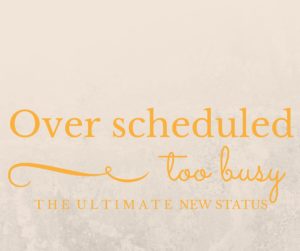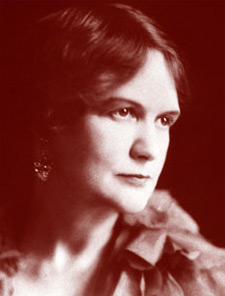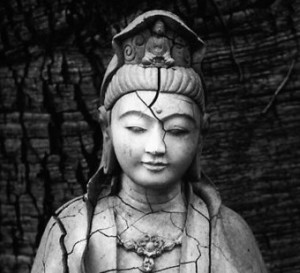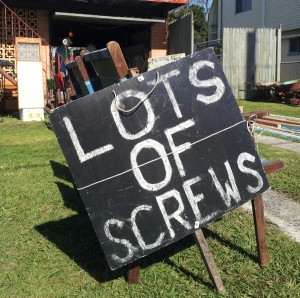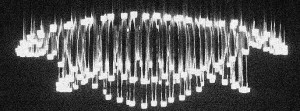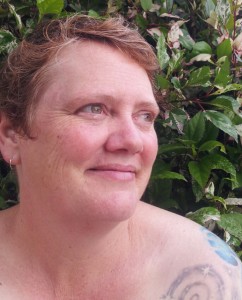It is time for a renaissance of kindness. Imagine our world changed overnight and kind is the new beautiful. Imagine that being friendly, generous, and considerate is valued above and beyond just looks or even how much money you have. Give kindness a like, and subscribe.
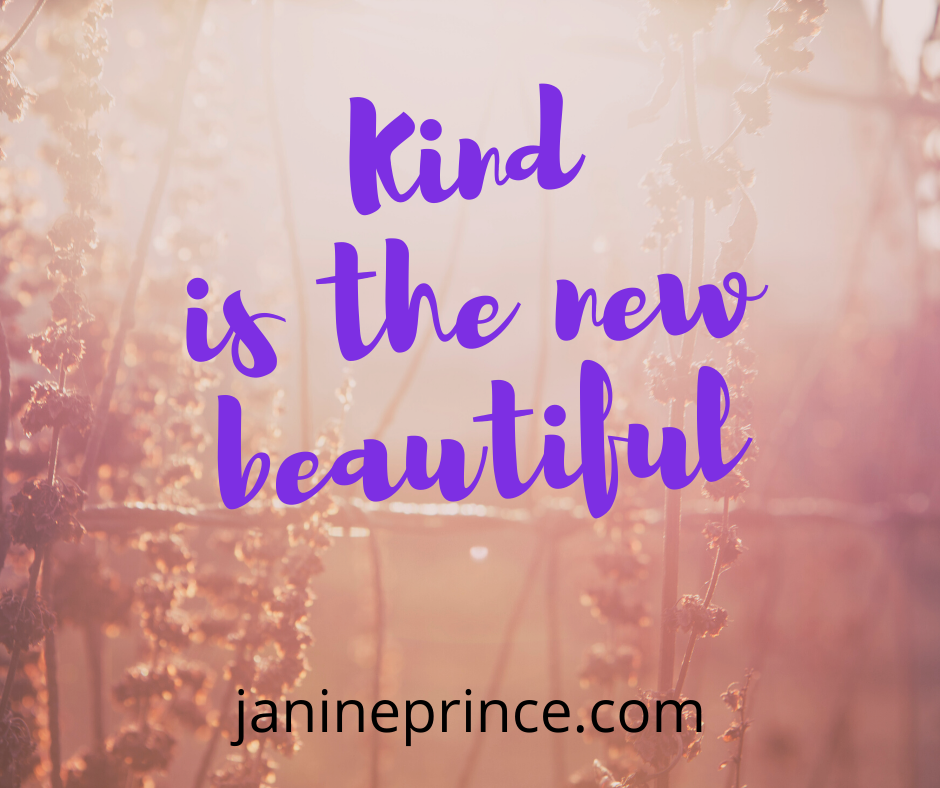
As fast as the consumerist and corporatist worlds think up gimmicks to sell us stuff we don’t need we’re burning-out and turning off from that white noise. You feel it too, don’t you, the barrage of the advertising and info-mercials, it is so untrustworthy. Increasingly we wonder if the news we’re getting today will be uncovered as a scandal or fraud tomorrow. We can’t help but wonder who funded a scientific study or who selected the people on a ‘think tank’ that’s making policy so we slowly wind ourselves in. We bring our attention and trust a little closer, we’re a little slower to give them, a little more discerning in where we let our attention linger. The shallowness of that aspect of the world can leave us jaded, or feeling betrayed or bitter but there’s a powerful antidote.
Kindness is both an antidote and a revolution
When you nurture your own capacity for consideration, you begin to break that cycle. When you are generous or friendly to another, you are affirming a type of humanity and community which values people above business. When you can be considerate of others you begin to see how you might be considerate towards yourself too – a taboo in so many parts of the first world. Not indulgent, considerate. There’s a difference between buying new shoes you don’t really need and going to bed at a regular, reasonable time so that you get the sleep that you need. Self-sabotage is all too common and being considerate to oneself is a powerful antidote.
These are just some basics on kindness. Think about the ripple effect of applying kindness to the Earth that sustains us. Think about the revolutionary power of being kind to strangers at the level of communities, states, countries.
A kindness starter kit
- Smile first
- Slow down and listen
- Let your curiosity unfurl and wander
- Be generous of whatever you have in plenty
- Be grateful for who you love, what you have, what you know, and smile from there
- Take your time and practice, you probably have other habits that are stronger
- Imagine that you’re a best friend (to the stranger or yourself) and that you love that person as a friend, from there, what might you say or do differently?
Related posts:
- The Time for Forgiveness is now If we want change or growth in our lives it starts with the forgiveness of who were or what we did in the past so...
- Heal the fear We try and rush healing in our culture. It doesn't work. We don't work that way. Unless we transform the experience, we re-live it....
- I love and hate a sunburnt country I have been lucky enough to travel to the other side of the world and visit the ‘home country’ (as it was still being called...
- Bliss of being Do you feel the bliss of being? Are you in love with the play of light and the feel of the earth as you move...
